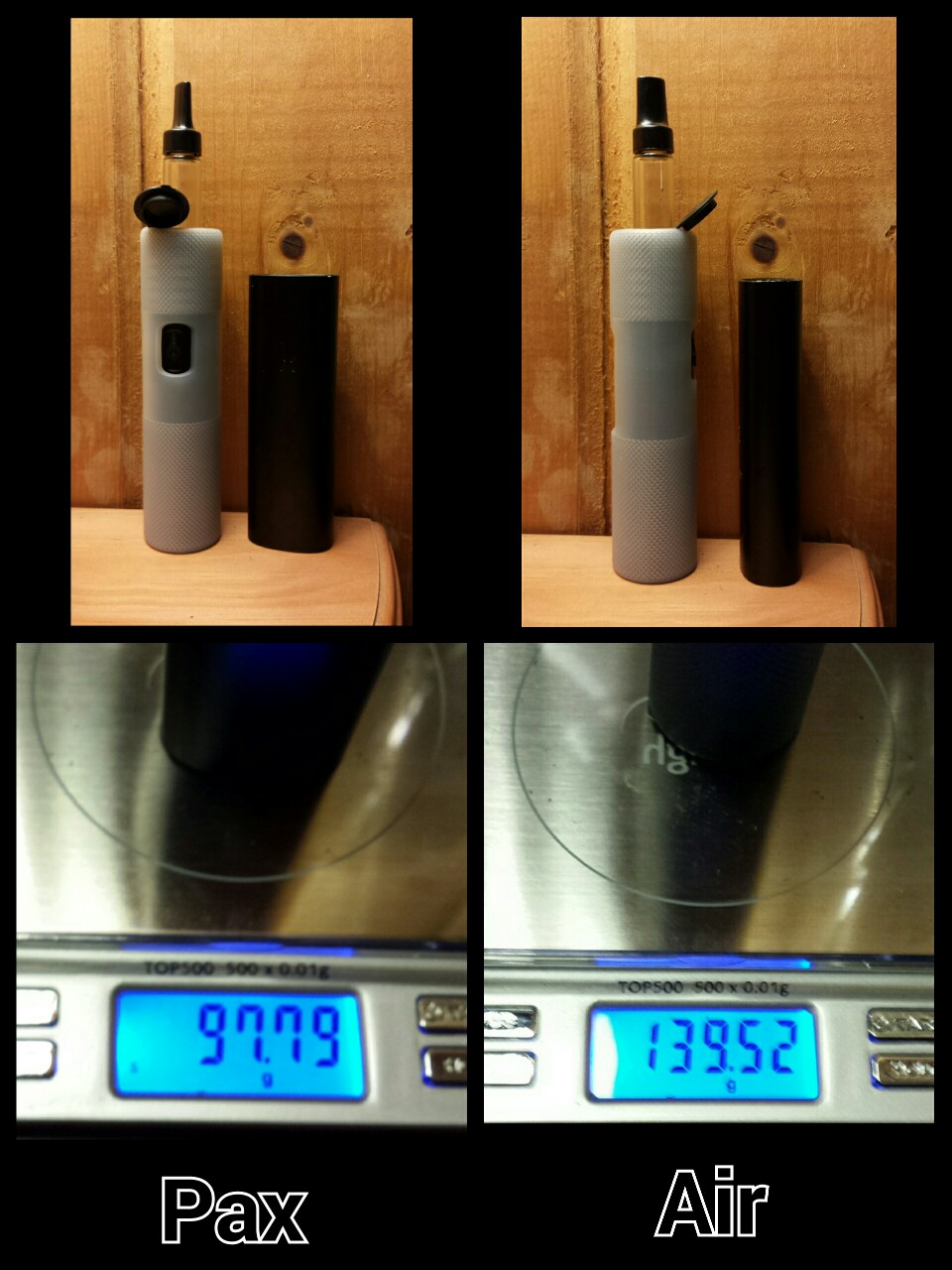There is more risk using the charger that Arizer is selling imo. It is available elsewhere on the web for $7 and change. The construction is also very cheap. You are much better off using a quality known product like the nitecore i4 or i2.

While I get opinions and all, I don't think the 'justification' here is all that solid. There are two models of a charger that looks (very?) similar in photographs identified by Pipes. Two that look very much alike and differ in at least one very important feature, final voltage. One pretty typical, one very different and potentially very bad on some cells ("batteries"). Fatal even and it carries the warning "This charger is designed for 4.35V capable lithium ion batteries. Before charging, verify that your battery allows 4.35V maximum voltage."
Which is it we're so sure is the one the factory uses based on physical appearance:
https://www.fasttech.com/product/1137400
https://www.fasttech.com/products/1421/10000969/1285301
IMO there's every reason to think this is the very sort of charger they might seek out looking for longest possible battery life (remember I found abnormally high termination voltage on my unit (very small sample size......), not 4.35, but 4.25.
Until we get more information I don't think it's accurate to say 'we know what charger it is', in fact one of the two we (collectively) think it might be is quite special.
I get it that guys want to use something cheaper, and I think it's most likely safe to use typical Li-ion chargers, IIRC Nitecore chargers were mentioned as having failed to detect full charge? This would not be a big deal in protected calls (like we don't have) but could prove very serious (think venting and fire) for an unprotected cell like we're using here. A level of safety has been removed (internal to the cell), this is a poor time to recommend a charger that might fail in that way and create 'the perfect storm'.
Hopefully Pipes or Centizen will resolve this for us. Maybe someone who gets the factory one can supply us with the nameplate details (or a photo better still). Until then I personally am sticking to the internal charger and recommending the same.
I think there's every reason to be cautious until we know why the maker made the statements he did, and I don't think it's at all proper to offer each other advice that contradicts that warning unless we also include that important detail in the discussion. It could go past 'bad advice' into the dangerous/destructive end of the pool. I'm sure none of us wants any part of causing another of the white hats grief?
OF





